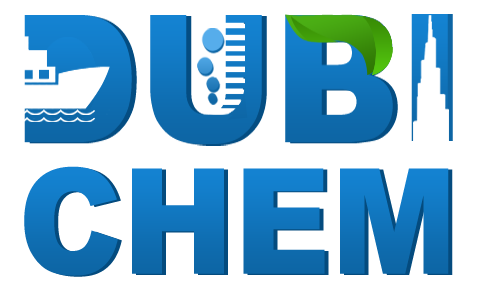10 Chemical Safety Rules that Every Chemical User Should Know
Today I want to talk to you about the 10 basic rules that anyone who works with or around hazardous substances should know and follow.
These basic rules are the backbone of all chemical safety and will ensure, along with the proper training, that your faithful employees are able to return home to their families at the end of their day.
Why the basics?
Well, it's my belief that today's chemical safety training isn't up to par.
Not to mention that 90% of all UK businesses are failing in at least one aspect of their chemical safety stratagems.
The whole reason I founded the International Association for Chemical Safety is to address the short-comings and the negligence that allows so many businesses to fail in their chemical safety before they have even begun.
And usually, without knowing it.
Which means that they're endangering their employees. Also, without knowing it.
This is truly unacceptable and something needs to change.
That's why I created several free services.
Before we get to that, however..
10 Chemical Safety Rules that Every Chemical User Should Know
1. Know and understand the chemicals you use, their health hazards, their labels and how to properly control them should an accident happen.
2. Every chemical in the workplace should be labelled clearly and correctly and be disposed of in the correct manner. Inclusive of any and all chemicals, solutions and waste products.
3. Always wear the correct protective equipment dictated by the assessment taken for a specific work area.
4. Where there are volatiles or hazardous chemicals in a workplace proper control and ventilation must be in place. If there is no control measure, then work must cease and a report made to the proper safety personnel.
5. Store chemicals in safety cabinets in their designated areas and remove only the amount needed for the current work process and no more.
6. Do not work with hazardous substances alone and ensure that everyone present is able to act with competence if an accident does happen.
7. Clear and free access to exits, showers, cleaning stations and emergency escapes must always be available. Knowledge of emergency procedures must be taught to employees, and building evacuation plans should always be on display in an accessible area.
8. All trip hazards must be removed. All work areas and their stations must be kept clean. All ventilation systems, or other hazard control systems, must be regularly cleaned and maintained.
9. Always clean yourself down on leaving the workplace. If
chemicals come into contact with the skin then immediate action must be taken. All workplaces must include emergency wash stations.
10. Under no circumstance should you eat, drink, smoke or perform any other such distracting activity when working with hazardous chemicals.
10 Chemical Safety Rules that Every Chemical User Should Know
- 5089 reads
